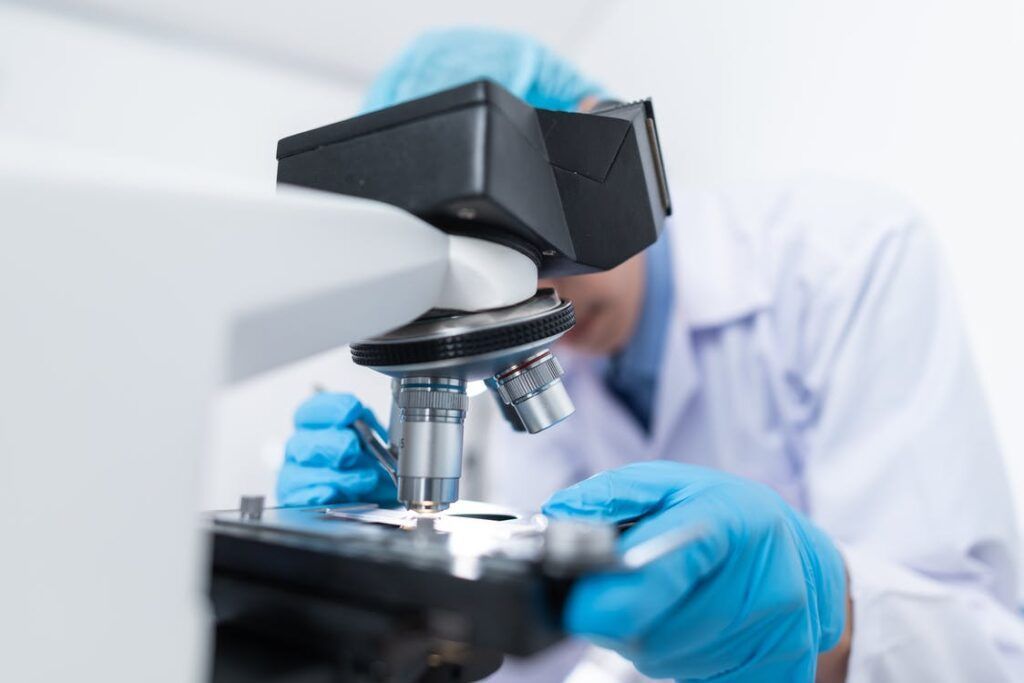
Why Timely & Accurate Pathological Test is A MUST before Any Treatment
Pathological tests are essential where diagnostic tools are used to determine the root cause of a patient’s health problem. These tests are used to identify underlying medical conditions, monitor the progression of a disease, and help healthcare professionals determine the most effective treatment plan for their patients.
Before starting any medical treatment, it is essential to undergo a thorough medical examination, including pathological tests. The results of these tests help doctors understand the patient’s medical history, current health status, and underlying conditions that may affect their treatment plan.
One of the most important benefits of pathological tests is that they help doctors identify the presence of any infectious diseases. Infections can cause a range of symptoms, from mild to severe, and can even be life-threatening in some cases. Pathological tests such as blood culture and urine culture can detect the presence of harmful bacteria, viruses, or fungi that may be causing the infection. Once the causative organism is identified, doctors can prescribe the appropriate antibiotics or antifungal medications to treat the infection.
Another important use of pathological tests is to identify the presence of genetic disorders. These disorders are caused by changes or mutations in an individual’s genes and can affect various aspects of their health, including their physical and mental abilities. Pathological tests such as genetic testing can help identify these mutations and enable doctors to provide personalized treatment plans based on the patient’s genetic makeup.
Pathological tests can also help detect the presence of cancer or other malignant tumors. Tumor markers are substances that are produced by cancer cells and can be detected in blood or other body fluids. Elevated levels of tumor markers in the blood can indicate the presence of cancer and help doctors determine the most appropriate course of treatment.
In addition to diagnosing diseases, pathological tests are also essential in monitoring the progression of a disease or the effectiveness of a treatment. For example, patients with diabetes need to undergo regular blood tests to monitor their blood sugar levels and adjust their medication doses accordingly. Similarly, cancer patients need to undergo periodic imaging tests such as CT scans or MRIs to monitor the size and spread of their tumors.
Finally, pathological tests can also help detect the presence of drug-resistant strains of bacteria or viruses. Antibiotic resistance is a growing concern, and it is essential to identify the bacteria or viruses that are resistant to antibiotics so that appropriate treatment can be administered.
In conclusion, pathological tests are an essential component of modern medicine. These tests provide valuable information that helps doctors diagnose and treat a range of medical conditions, from infectious diseases to genetic disorders and cancer. Before starting any medical treatment, it is essential to undergo a thorough medical examination, including pathological tests, to ensure that the patient receives the most appropriate care. With the latest advancements in medical technology, pathological tests have become more accurate and reliable, allowing healthcare professionals to provide more personalized and effective treatment plans for their patients.